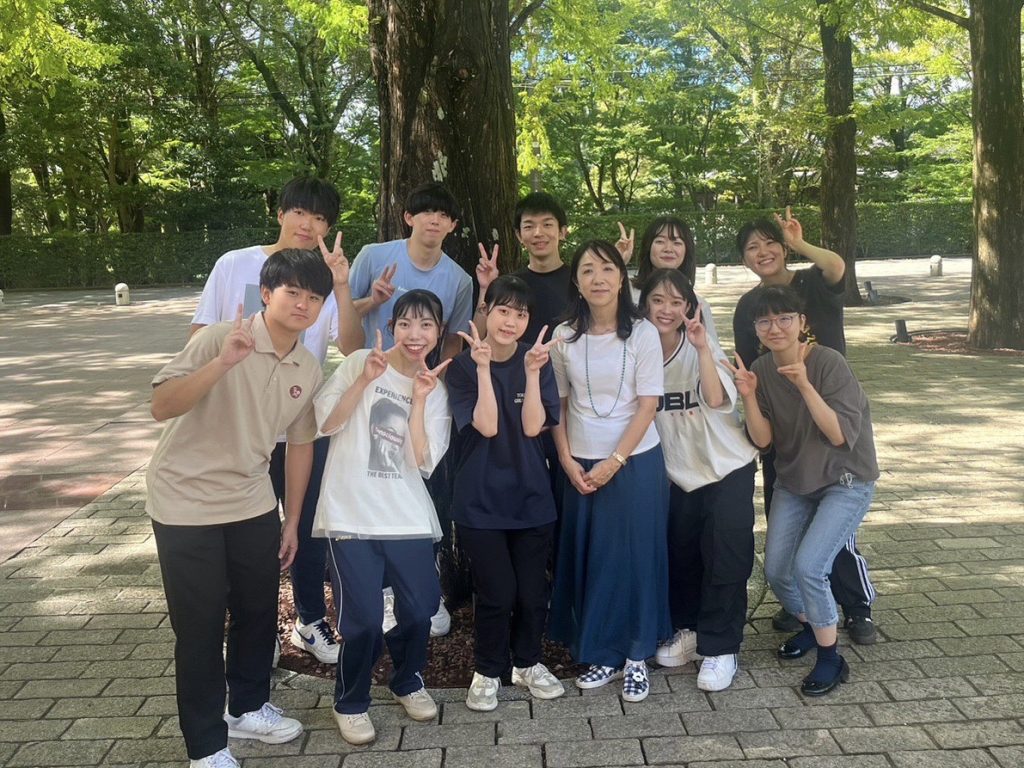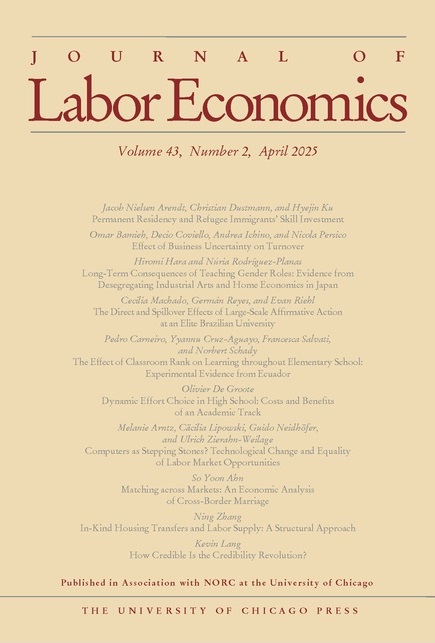Details of the Initiative
I study the gender economic gap ― the disparities between men and women in economic activities ― from an economic viewpoint. Why are women still economically disadvantaged? Traditional views of gender roles, such as the idea that men work and women stay home, are a key factor hindering women’s economic participation, as studies worldwide have shown.
I would like to share findings from joint research conducted with U.S. economists, which was published in an international academic journal this year.
In Japanese junior high schools, industrial arts and home economics is a compulsory subject. Although it is a single course, previously, boys were taught mainly the industrial arts component and girls the home economics component, separately during the same class period. However, the 1989 revision of the Courses of Study integrated these subjects, promoting coeducational learning. Interestingly, male students who experienced the co-educational curriculum are more likely to participate in housework and child-rearing as adults, while female students are more likely pursue full-time careers or earn higher incomes ― indicating tangible progress toward gender equality. The finding suggests that providing gender-equal education helps break down stereotypes and change people’s behavior in a gender-neutral way in the long term.
Fostering gender equality in schools not only challenges conventional gender roles, but also helps reduce gender economic gaps ― an essential step toward meeting the SDGs.
Read the summary of the paper here.
https://www.meiji.ac.jp/koho/press/2023/mkmht000000zd9iq.html


©Yuichi Mori


